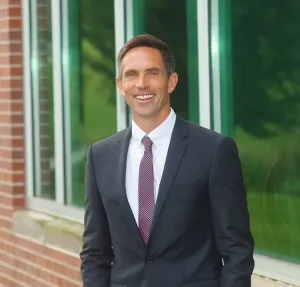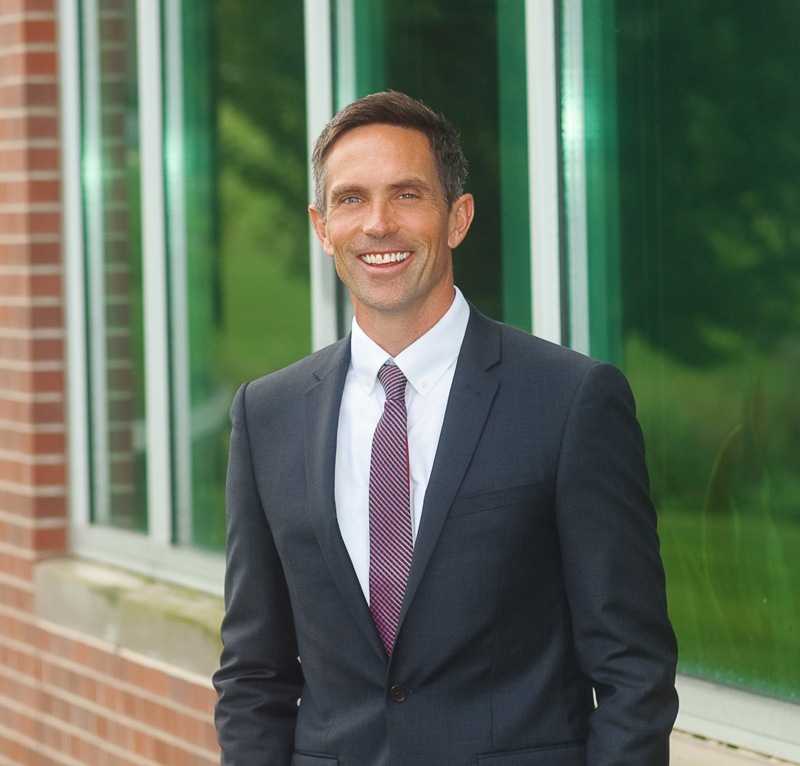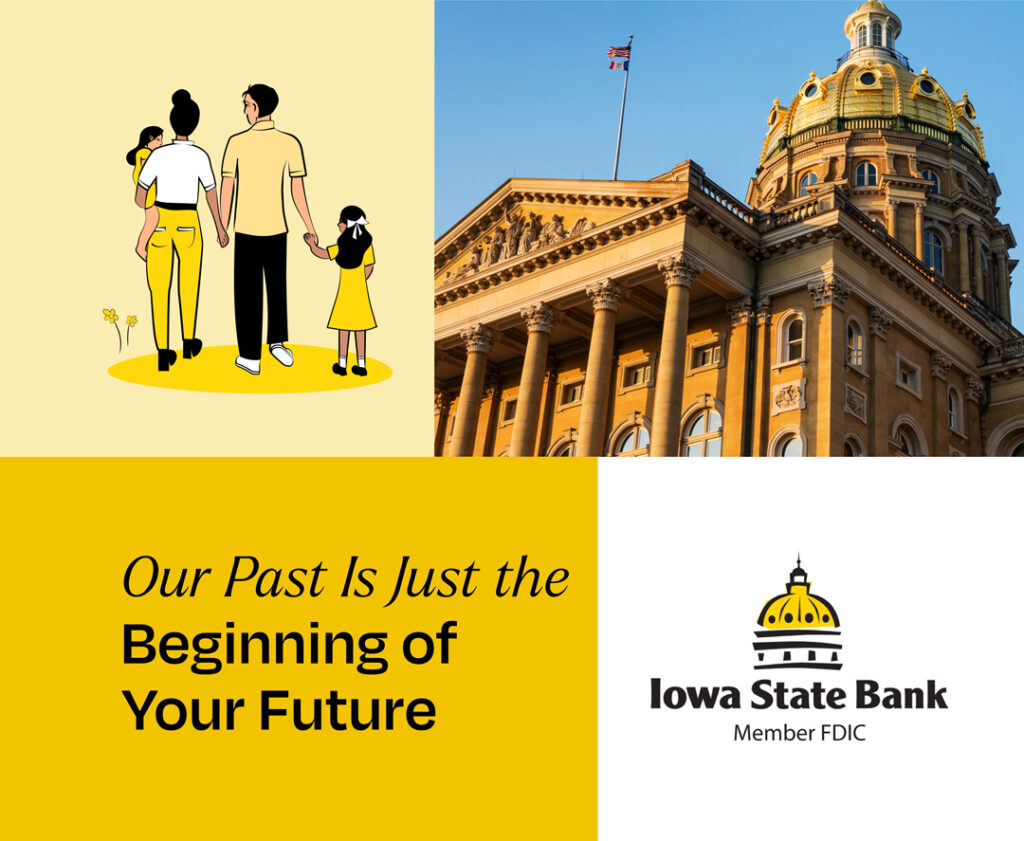What Does It Mean to Be an Investor? – Part Two

Jason Brown, Director of Advisor Success, Foster Group
An investment, at least in the relational or social sense, is something that:
- Involves our most precious resources – time, energy (creativity, emotion, work) and, often, money.
- Is a commitment, either implicit or explicit.
- Is hopeful. It’s made with a belief in a better future.
- Is often reciprocal. Typically, the benefit is felt both ways.
- Is sacrificial. It typically costs something.
Investments create connections. When I say, “I’m invested in that friendship,” one of the things I’m saying is, “I’m choosing to be connected to this person.” Often, it’s a connection that is difficult, or should be difficult, to break. I’m invested in the current and future lives of our kids. This is and should be a difficult connection to break. When the going gets tough, it shouldn’t be easy for me to divest myself of this connection.
Here’s an interesting thing. Wealth makes investment in these ways more and less possible at the same time. How?
Wealth can buy us increased discretionary time. It also means we have more dollars to share. We might use this discretionary time and money to make larger investments – in those who are close to us, in the organizations we care about, in the communities we are part of, in tackling the problems that face our world, etc. In this sense, wealth creates the possibility for greater investment, which is the same as saying that wealth creates the possibility for greater connection. In theory, wealth makes these sorts of investments and connections increasingly possible.
I say “in theory” because wealth doesn’t always work this way. Increased wealth doesn’t necessarily lead to increased discretionary time and giving. Sometimes wealth makes us busier and, statistically, it doesn’t often make us much more generous (click here for research on this). When wealth does create discretionary time, we often don’t use it in ways that could be described as an investment in others.
Wealth makes it possible to buy increased disconnection – bigger houses farther away from people, vacations to places far and wide, an endless array of expensive, individual experiences, an even greater focus on the self. None of these things in and of themselves are bad. And, one could do all these things while increasing their “investment” in people and causes. This is entirely possible. However, wealth often lures us into ways of life that might best be categorized as a divestment from the mess of the world. In other words, wealth makes it more possible to disconnect rather than connect us.
Paradoxically, wealth can make us poorer “investors.” This wouldn’t be much of a problem if the world had no need for the type of investment listed above. But the world we live in together, does. And, as one of the world’s most prolific and admired activists once said, “To whom much has been given, much more is demanded.”
PLEASE SEE IMPORTANT DISCLOSURE INFORMATION at www.fostergrp.com/disclosures. A copy of our written disclosure Brochure as set forth on Part 2A of Form ADV is available at www.adviserinfo.sec.gov.
 |
Jason Brown, Director of Advisor Success View Bio |

Jason Brown
Director of Advisor Success, Foster Group











